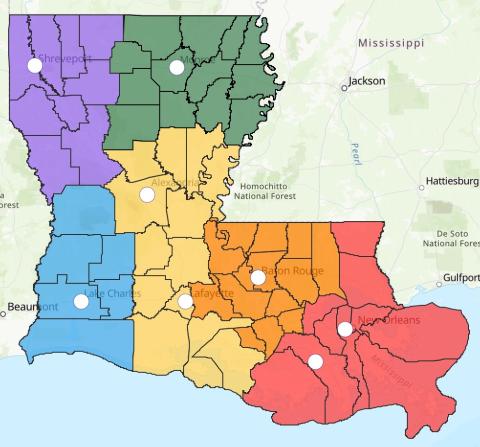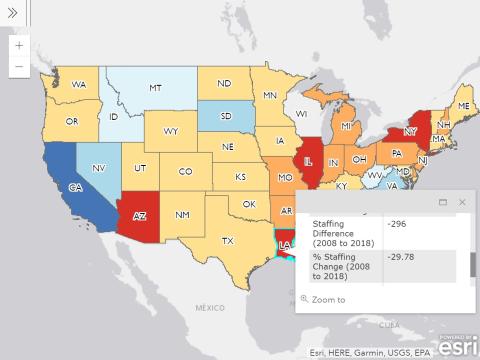Navajo Nation (Diné Bikéyah), USA: Setting
Thomas De PreeOn July 16th 1979, the largest by volume radioactive spill in US history took place in Church Rock (Kinłitsosinil), which is located in the southeastern “checkerboard area” of the Navajo Nation (Diné Bikéyah) and northwestern New Mexico. Due to a breach in the former United Nuclear Corporation’s uranium mill tailings dam, an estimated ninety-four (~94) million gallons of radioactive, toxic, and highly acidic effluent spilled into the Puerco River (Brugge et al. 2002; SRIC 2009).
The Church Rock Uranium Mill Tailings Spill marked the disastrous beginning of the end for the uranium mining industry in the Navajo Nation and New Mexico. Ironically, the spill occurred on the very same day as an event 34 years prior that marked the beginning of the uranium boom and the dawn of the atomic age: the Trinity Test of July 16th 1945, “the day the sun rose twice.” (Szasz 1984) Unlike the world’s first nuclear explosion in southern New Mexico, the Church Rock mill spill remains relatively underreported and has not yet registered at a national scale of collective memory.



